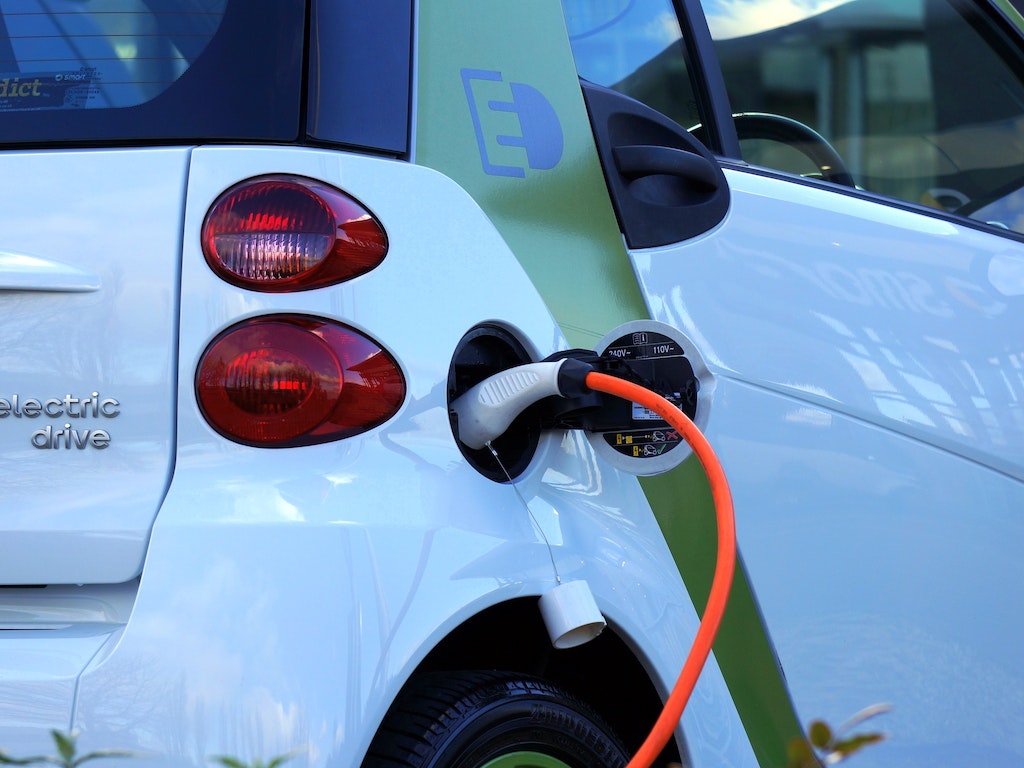
You just got the call. The bank is going to charge off your car loan. What does that mean? And what happens next? Let’s explore what happens and how this impacts you.
What Is a Car Loan Charge-Off?
A car loan charge-off is when a lender moves an auto loan from the asset category to the liability category. A charge-off occurs when a borrower stops making payments on an auto loan for a certain period. Moving the debt to liability usually occurs after the lender has made a final attempt to collect the debt and failed.
Why Do Lenders Charge Off Car Debt?
When you default on a car loan, the bank will most likely charge off the debt for tax purposes. Charged-off debt can include \credit card debt, car loans, or any other type of loan.
Auto loans are a lender’s way of keeping income flowing by counting on the borrower to make their payments. However, the auto loan becomes a liability if the borrower stops paying. The lender then writes off the loan as uncollectible and charges it off. This means the lender assumes no chance of recovering the money paid out.
The federal government regulates charge-offs. It typically requires lenders to charge off an auto loan within a maximum of 180 days, but they can do so earlier. For other debt types, such as credit cards, the lender might have longer charge-off timelines to notify the government of uncollectible debt.
The lender might charge off the money they put into the vehicle, but that amount might not match what the buyer owes on the loan. The charge-off amount is usually the value of the vehicle, which includes any security interest, collections efforts, and profits earned if they can sell the vehicle. If they don’t repossess the vehicle, they’ll list it as an estimated value for tax purposes.
What Happens After a Loan Charge-Off?
If you don’t pay off a loan, the lender might send the debt to a collections agency. That can hurt your credit rating and make it difficult to get additional loans. If you continue skipping payments, the lender or credit agency might pursue repossession efforts and take the vehicle from you.







